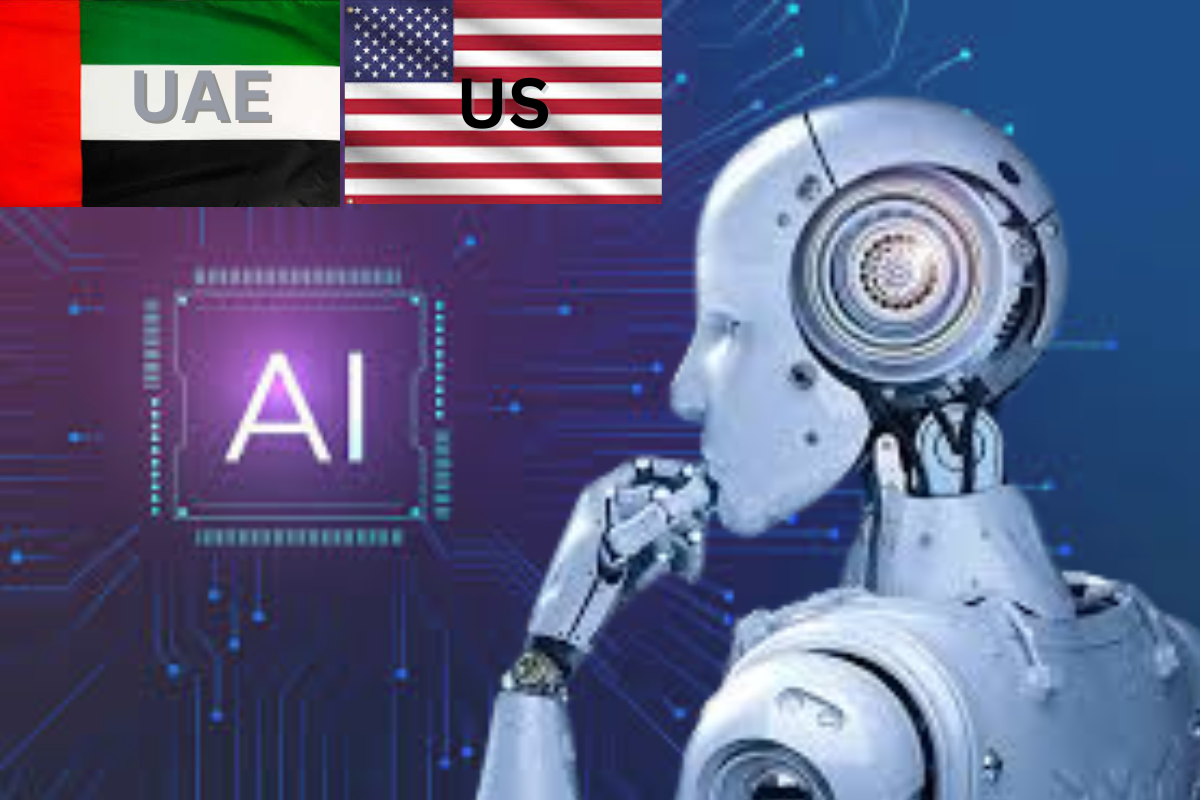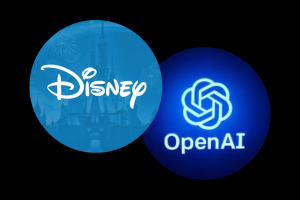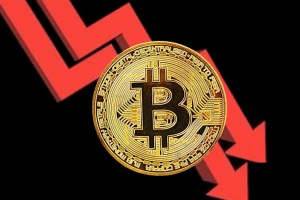The very first minister ever tasked with the special duty of formulating policies and initiating strategies relating to artificial intelligence (AI) development is already enmeshed in a worldwide tech-domination struggle.
Microsoft stated in April that it will invest $1.5 billion in G42, an artificial intelligence (AI) company headquartered in Abu Dhabi, the capital of the United Arab Emirates (UAE), and headed by a prominent member of the governing royal family.
The agreement brought the company firmly under US control and was reportedly driven by the Biden administration’s aim to curtail Beijing’s influence in the area as it fights to keep its lead over China in the AI race, according to analysts.
UAE AI Minister Omar Al Olama, was appointed in 2017. Recently in an interview with CNN, Mr Olama said, “I think the UAE and the US really see eye to eye with regards to how these technologies are pushed forward. I think we’re going to see more alignment there.”
The holding company G42 is made up of seven businesses that operate in the fields of biotechnology, energy, data centers, healthcare, and surveillance. Tahnoun bin Zayed Al Nahyan, the national security adviser for the United Arab Emirates, is also its main stakeholder.
Being one of the major suppliers of fossil fuels worldwide, Abu Dhabi believes that diversifying its economy away from oil depends to a large extent on its AI initiative.
A PwC Middle East analysis estimates that by 2030, artificial intelligence (AI) may boost the UAE economy by $96 billion, or almost 14% of its GDP.
“We want to ensure that we are at the frontier of the technology, and that’s why we work with partners around the frontier,” Olama stated, “and play by the rules that are set by the market leaders.”
By 2031, Olama, whose ministerial duties include apps for remote work and the digital economy, hopes to have established the United Arab Emirates as a leader in artificial intelligence worldwide.
To get there, the UAE has outlined a national strategy. Its goals include building an ecosystem, luring talent, and using AI in critical industries like energy and logistics.
The nation is educating public servants in artificial intelligence, and Dubai wants to teach a million people effective prompt engineering so that AI models can provide high-quality output.
According to Olama, the Gulf nation employed 120,000 workers in AI-related fields as of September last year, compared to 30,000 just two years prior.
At times, the nation must put its ties with the US ahead of those with Washington.
A US Congressional committee requested in January that the Commerce Department look into G42’s ties to Chinese military firms and intelligence services (which G42 denied having). Additionally, G42 was required by the Microsoft investment to sever ties with Chinese hardware providers, such as Huawei, in favor of American firms.
“The US does not shy away from saying that ‘on this technology specifically you need to choose sides,’” Olama noted.
With regard to its foreign policy, the UAE has always struck a balance. In recent years, the US has supplied the Gulf nation military equipment worth tens of billions of dollars. The two countries collaborate on a variety of matters, including defense.
The Biden administration has put in place a number of restrictions, such as export limits on semiconductor and AI technology, to impede China’s progress in the field. The government views retaining a lead in AI as essential to its future economic prosperity and national security.
According to Reuters, Washington has also restricted the export of advanced US processors to make sure China doesn’t exploit Middle Eastern countries as a back door to obtain the newest AI technology.
The US government notified Nvidia in an August 2023 regulatory filing that some of its products would require additional licensing for “certain customers and other regions, including some countries in the Middle East.” Nvidia is the third-largest company in the world, behind Apple and Microsoft.
Concerns have been expressed by certain US lawmakers that US technology may be subject to Chinese espionage in the UAE and that they lack sufficient information on the agreement between G42 and Microsoft.
Beijing and the UAE have a connection as well. China is an important trading partner to the Arab country.
Olama maintains that the UAE is a reliable ally. Olama stated that he was speaking in his individual role rather than on behalf of the government and that he “really doesn’t think that there is any risk, especially since there is a lot of cutting-edge American technology that is in the UAE.”
The government-backed Technology Innovation Institute in Abu Dhabi launched Falcon10B, a large language model (LLM) that powers generative AI chatbots. That was nearing the end of 2023.
By certain parameters, it fared better than those from Google and Meta.
James Lewis, a technology expert at the Center for Strategic and International Studies (CSIS), a think tank located in Washington, DC, told CNN that “the UAE put a stake in the ground in the AI race with Falcon.”
In October 2023, the Mohamed bin Zayed University of Artificial Intelligence in Abu Dhabi, Cerebras Systems, located in Silicon Valley, and Inception, a G42 subsidiary, collaborated to create Jais, a generative AI model that was trained on both Arabic and English. The development of LLMs in additional languages that are “underrepresented in mainstream AI” may be facilitated by it, according to its creators.
Falcon and Jais are open-source projects, meaning that anybody may use or modify their code, in contrast to ChatGPT and Google’s Gemini.
Abu Dhabi is presenting itself as an ally to poor countries without the means to develop their own AI capabilities by making the technology available.
“We know that not every country can develop these systems or these tools. “So, we want to ensure that we’re able to develop it for them.” Olama said.
According to some observers, the UAE’s enormous oil riches will be crucial for creating extremely costly AI infrastructure.
“For me, it’s a financial story. “It offers them a competitive advantage in becoming one of the top technological powers in the future.” Lewis said.
The challenges are significant. The US State Department commissioned a paper in March that raised the possibility that the most sophisticated AI systems would, in the worst case, “pose an extinction-level threat to the human species.”
Olama’s worries are particular. He believes deepfakes might spark a “political crisis” and create a “fundamental truth crisis.” He also worries that biotech weapons might become easier to develop with the help of AI.
“I try not to be a fear mongerer,” he stated, “but there are very few guardrails in place to ensure this doesn’t happen.”







